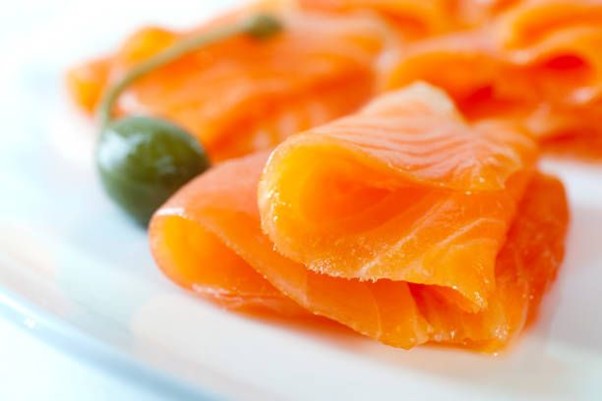
Thinking out Loud about Smoked Fish, Contamination with Listeria Monocytogenes and Possible Controls
In December 2022, there was a recall of smoked salmon and smoked trout because of possible contamination with Listeria Monocytogenes (FSA, 2022).
Smoked salmon and trout are high-risk products for Listeria Monocytogenes because it is ready-to-eat, has an extended shelf life and the salt content, pH and water activity usually are within ranges that permit growth.
The possible causes of contamination are (not exhaustive):
·Listeria Monocytogenes protective biofilm formation within the processing plant.
Ineffective cleaning of complex equipment such as production lines, brine injection machines, skin removers and slicers.
·Ineffective cleaning of the processing environment, including drain covers, contact surfaces, walls, floors, and ceilings.
·Cross-contamination from food handlers between low-risk and high-risk areas.
·Post-process contamination following cold or hot smoking.
So..what potential controls are there to prevent contamination?
•Use reputable suppliers with microbiological specifications requiring the absence of Listeria Monocytogenes.
•Maintain cold temperatures <4℃ during storage, processing, and transport.
•Hot smoking (>80℃) should eliminate Listeria Monocytogenes. Cold smoking (17.1℃ to 21℃) has been shown to decrease levels. The smoking process step should be monitored for a validated pre-determined time/temperature combination.
•Ensure good design of premises and equipment to enable effective maintenance and cleaning,
•Undertake regular environmental testing for Listeria spp. in high-risk areas. This should include testing drain covers (a common contamination site).
•Ensure fresh brine solution is made daily because Listeria Monocytogenes is halotolerant.
•Separate the processing facilities into high-risk and low-risk zones. Restrict staff movement between zones.
•Train food handlers commensurate with food safety responsibilities and implement Good Hygiene Practices (GHP).
•A specific HACCP Food Safety Management System (FSMS) should be implemented.
•Regular servicing of complex equipment to provide complete cleaning and disinfection.
•Under Assimilated Regulation (EC) No.2073/2005, validation of the HACCP process should demonstrate that a Listeria Monocytogenes limit of 100 cfu/g is not exceeded within the product’s shelf life.
References
Food Standards Agency (2022). ‘Updated: Lidl GB recalls several Smoked Trout and Smoked Salmon products because of possible contamination with Listeria monocytogenes’.
Hoffman, A.D. et al. (2003). “Listeria monocytogenes contamination patterns for the smoked fish processing environment and for raw fish,” Journal of Food Protection, 66(1), pp. 52–60. Available at: https://lnkd.in/gXyNJKjh